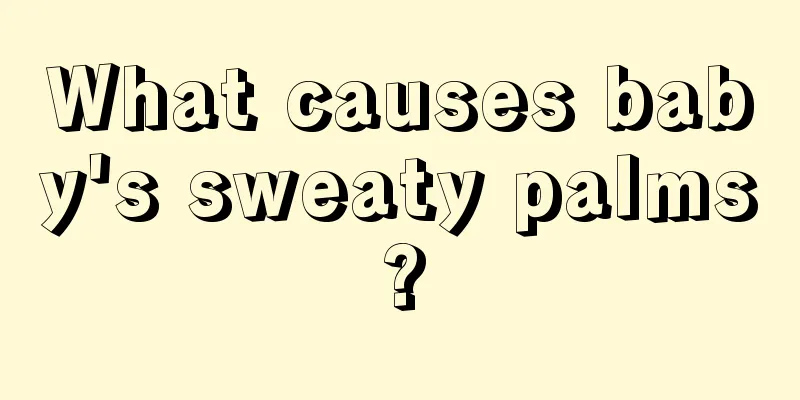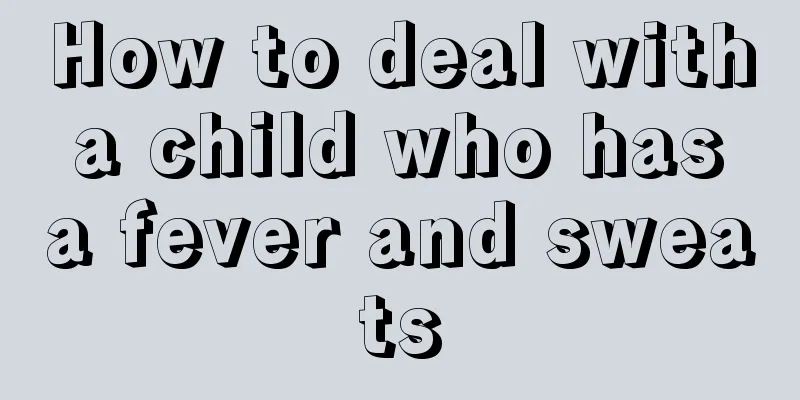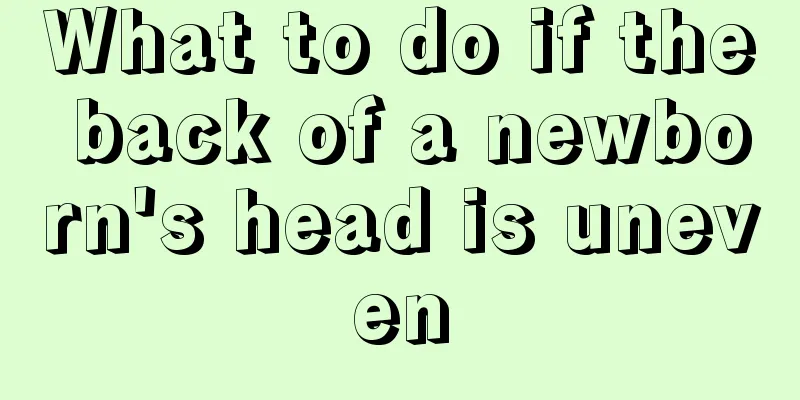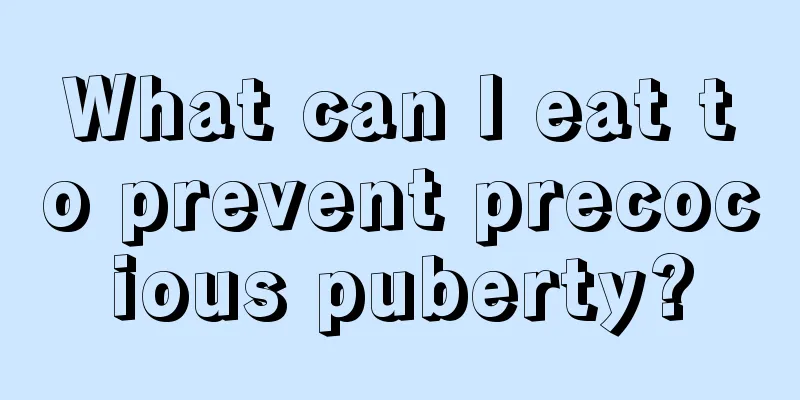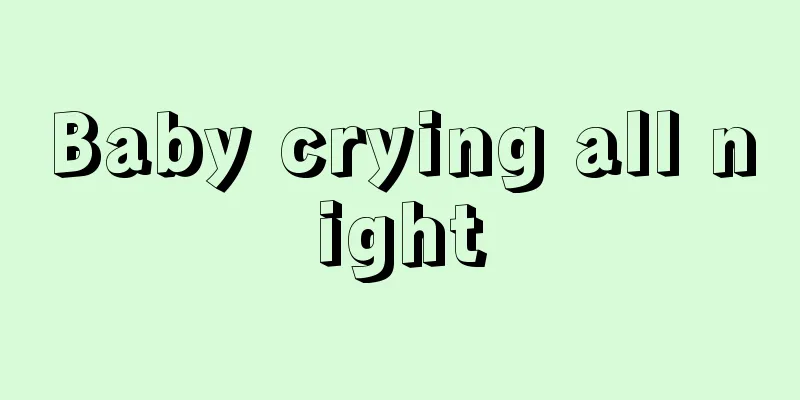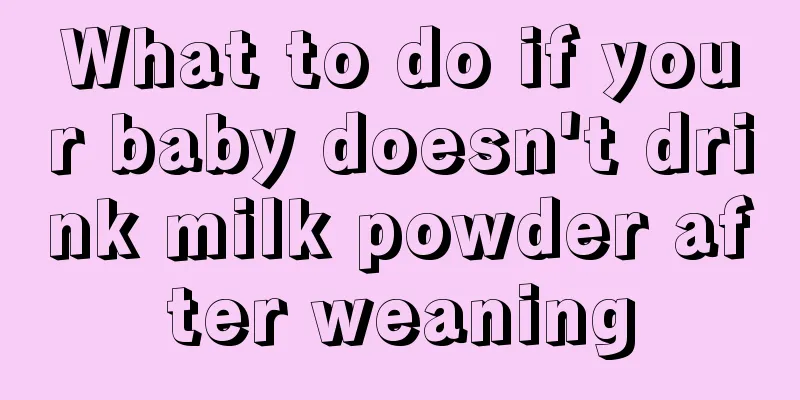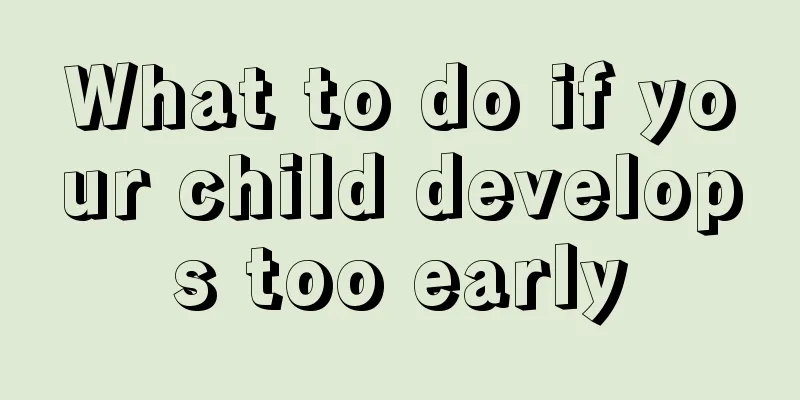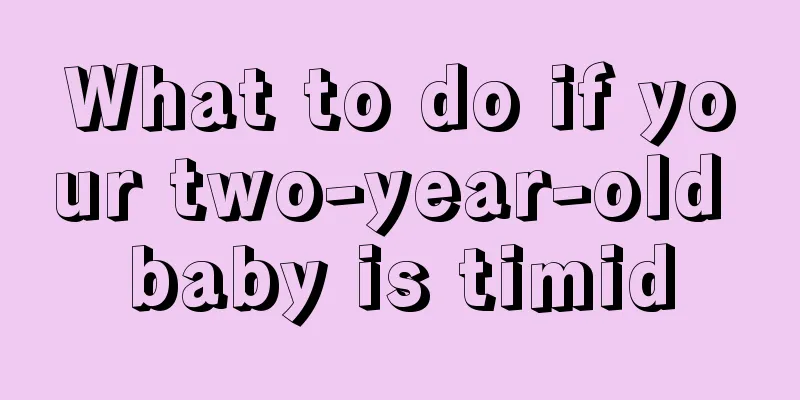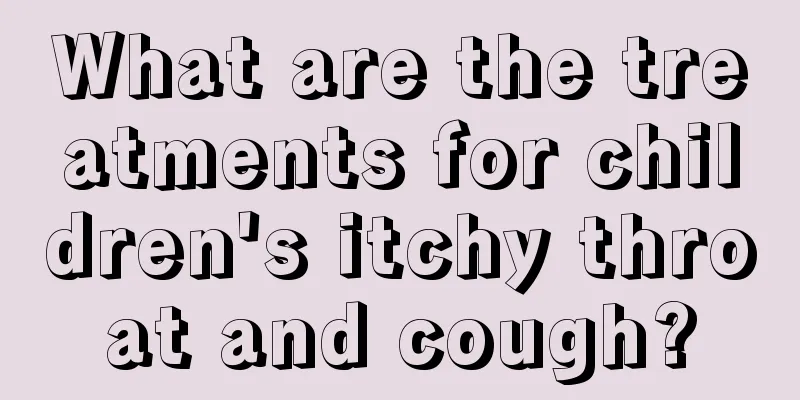What are the symptoms of encephalitis in children?
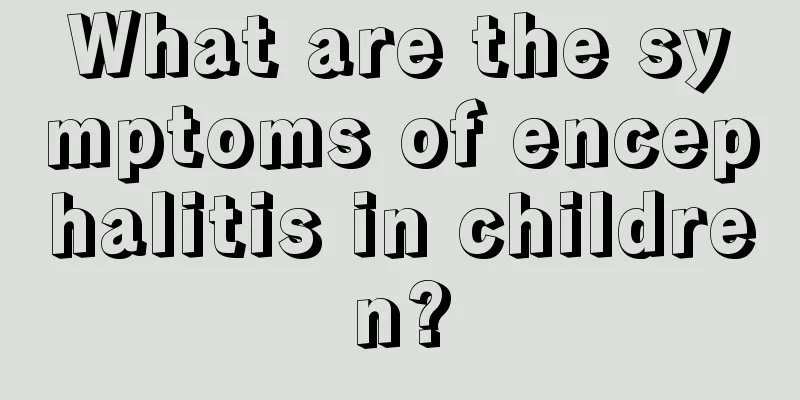
|
The harm of encephalitis in children is relatively large, so parents should pay attention to it. Usually in the prodromal period, patients will show symptoms of fever, headache, myalgia, and vomiting. Therefore, once parents find that their children have these symptoms, they should go to the hospital for treatment in time. 1. Symptoms of encephalitis in children 1. Children in the prodromal phase have symptoms such as fever, headache, myalgia, vomiting, and diarrhea. 2. The symptoms of encephalitis vary in severity, mainly manifesting as neuropsychiatric abnormalities. Manifestations of neurological abnormalities include fever, headache, vomiting, drowsiness, coma, convulsions, etc. In severe cases, abnormal symptoms may occur in the cerebrum, hypothalamus, basal ganglia, brainstem, cerebellum and spinal cord. Mental abnormalities manifest as excitement, talkativeness, irritability, crying and laughing at random, insomnia, abnormal behavior, hallucinations, fantasies, or indifferent expression, silence, decreased activity, refusal to eat, poor orientation, memory loss, incontinence, etc. 3. Associated symptoms are symptoms of corresponding viral infection before or at the same time as the onset of encephalitis. Treatment of encephalitis in children 1. Hospitalization General treatment: Children with encephalitis should be hospitalized. After hospitalization, closely observe changes in consciousness, pay attention to changes in body temperature, pulse, breathing and blood pressure. Pay attention to pupil size at any time. Once changes occur, symptomatic treatment should be carried out. Pay attention to nutrition and calorie supplementation, and comatose patients can be fed through the nose. Frequent convulsions should be intravenously infused, with a daily fluid volume of 50-0ml/kg. When using dehydrating agents, pay attention to supplement potassium salts. Comatose patients should be turned over frequently, keep their skin clean and dry, and prevent bedsores. Keep the mouth clean. Comatose patients who cannot close their eyes should protect their eyes, pay attention to hygiene and protect the cornea. Children with convulsions should prevent tongue bites and prevent the root of the tongue from falling back and blocking the respiratory tract. 2. Symptomatic treatment 1. When the fever is high, the room temperature should be lowered (controlled at 26-28℃). Physical cooling can be performed on the patient, such as alcohol bath, warm water bath or ice pack. Analgin can be used for nasal drops or intramuscular injection of Bupleurum. If the fever persists or is accompanied by convulsions, sub-hibernation therapy can be used (using chlorpromazine and promethazine 0.5-1 mg/kg each time, intramuscular injection once every 4-6 hours. 2. To control convulsions, antispasmodics can be used, such as phenobarbital sodium 5-8mg/(kg.time), intramuscular injection; diazepam 0.1-0.3mg/(kg.time), intramuscular injection or intravenous injection, but it should not be used immediately after phenobarbital to prevent respiratory depression; chloral hydrate 40mg/(kg.time), retention enema; paraformaldehyde 0.15-0.2ml/(kg.time), intramuscular injection, the maximum dose should not exceed 5ml. The above antispasmodics can be used once every 4-6 hours, in rotation. In addition, if the convulsion is caused by cerebral edema, dehydration drugs should be given; if it is caused by respiratory secretion blockage, insufficient ventilation and brain cell hypoxia, sputum suction, oxygen administration, tracheotomy and pressurized breathing should be performed if necessary; if it is caused by high fever, cooling treatment should be given. |
<<: What are the treatments for dental caries in children?
>>: Why do children have red eyes? Parents, please watch this.
Recommend
How to treat allergic cough in children?
Allergic cough in children is one of the common r...
What is the reason for children coughing in the early morning?
Coughing is a very common disease in life. Someti...
What to do if children's teeth are demineralized
The baby's gums are fragile and may suffer fr...
How low can jaundice be reduced before discharge?
Neonatal jaundice is divided into two phenomena: ...
Examination and treatment of hand, foot and mouth disease
The children around us are greedy and love to pla...
Baby girl's urinary area is red
For babies of different genders, baby girls and b...
Can roseola infantum rash be exposed to wind?
Roseola infantum is a type of rash. Once a baby s...
What to do if a child's hand is cut
Children love to play, and they will often secret...
Is it normal to lose teeth at 6 years old?
Sometimes many people who are already 26 years ol...
What to do for a child's knee pain
Knee pain in children is not a normal phenomenon,...
What should I do if my eight-month-old child has recurring fever?
Getting married, having children, and raising and...
What to do if your newborn is too thin
In the eyes of many people, children should be ch...
How to treat a crying baby
Babies always cry and often make our parents at a...
Symptoms of sepsis in infants
Every change in the baby after birth is watched b...
How to deal with ulcers on children's tongue
Oral ulcers are a relatively common condition. Th...
